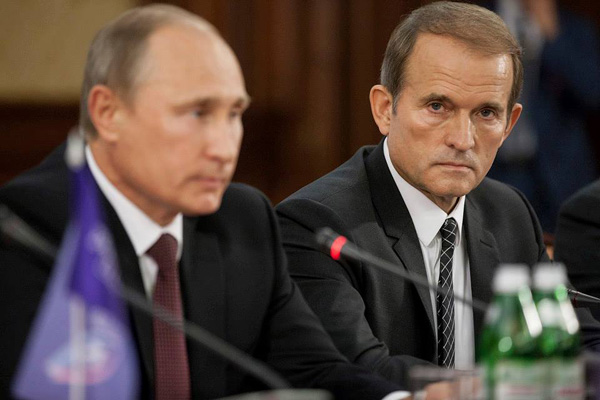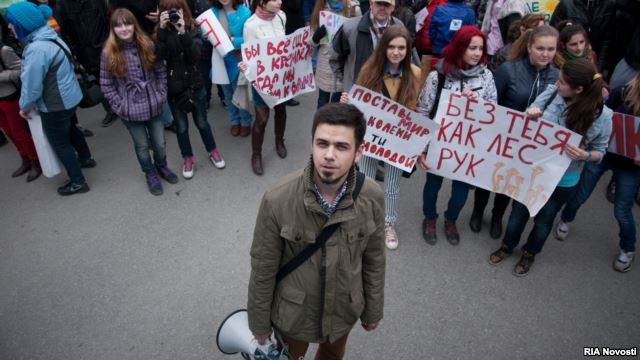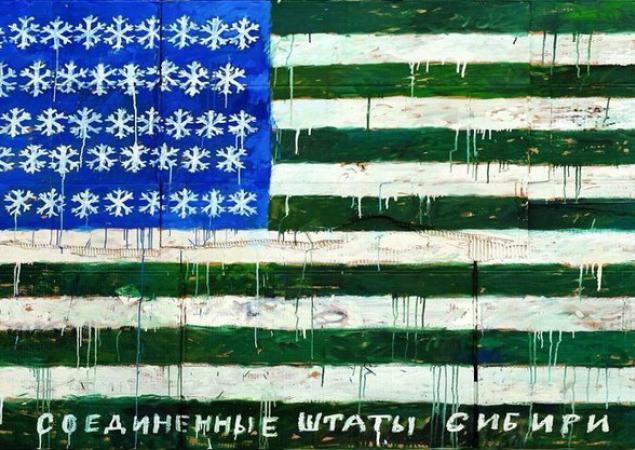For over a year Russian propaganda pushed the story of an anti-Ukrainian “resistance” movement in Kharkiv. This guerrilla army known as the “Kharkiv Partisans” supposedly scored major successes in sabotaging the Ukrainian military machine, which were then covered up by the dastardly Ukrainian censors. The group openly claimed to be based in Belgorod, Russia, and it would take credit for bombs that went off in Kharkiv, except for any bombs that killed or wounded people (these were false-flag attacks, you see.) Via interviews and videos, members of the group promised an imminent war of liberation in Kharkiv alongside radical Orthodox, anti-semitic, and conspiracy theory laden rants against Ukraine. Then around October they went silent. Their spokesman more or less stopped talking about the Kharkiv Partisans, and their activities appeared to totally cease.
What happened? The group may have been nothing more than a propaganda front for subversive activity in Kharkiv and Sumy carried out by the Russian special services and their proxies. Perhaps when Russia began its “counter-terrorism” propaganda drive to support its intervention in Syria, it suddenly became inconvenient for Russia to be openly supporting a supposed radical terrorist group (though Orthodox, not Muslim.)

However, the group has not entirely gone down the memory hole. The supposed “leader” of the organization Oleh Sobchenko recently gave an interview to the Russian propaganda outlet Svobodnaya Pressa. He claims that last summer the Kharkiv partisans were preparing widespread attacks on Ukrainian security forces if the war in Donbas was re-ignited, but that since the summer the organization has been “like a computer in sleep mode.”
“Renewed fighting scenarios cannot be excluded in the future. Therefore, we are not talking about the dissolution of the ‘Kharkiv Partisans.’ We are saying that we have slowed our activities. We all sit at home and wait.”
He goes on to describe feelings that combine despair and make a virtue of inactivity: ” The question arises: why and for whom did our people need to risk their lives, dying? Why fight with all this scum that Kharkiv was flooded? It makes no sense whatsoever. In the city, most people got used (to the situation)… The Nazis devour themselves. Don’t distract them from this good work.” He goes on to describe supposed preparations by Azov for sabotage in Belgorod, Russia.
And how is this now-inactive group spending their time? “(We are) working with local cossacks. Restoring the temple (i.e. reviving “Orthodox culture”). We have a common project with the Cossacks on the military-patriotic education for youth.”
So, while it is inactive and its pro-Russian activists from Kharkiv are depressed and defeated, Russian propaganda wants to make sure the pilot-light for subversion in Kharkiv is kept on, just in case the situation changes. The supposed participation of the “Kharkiv Partisan” activists with the military-patriotic education of youth in Russia matches other evidence that more public Radical Orthodox Russian groups involved in the war in Donbas are being encouraged by the Russian state and elements of the Russian Orthodox church to spread their conspiratorial ideology to the next generation.
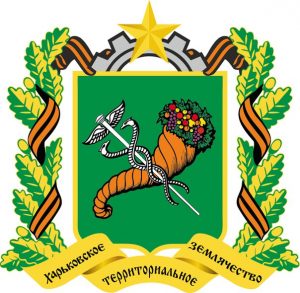
Don’t expect to hear as much from the Kharkiv partisans going forward. A related organization the “Kharkiv Territorial Fraternity” was started late last year, engaging on social media with local news in Kharkiv and presenting itself as a potential non-violent political front in Kharkiv. The website of the organization claims branches both in Belgorod, Russia and in Russian-occupied Donetsk. It has posts for job vacancies in both places, and claims to be “partnered” with the Belgorod regional branches of the Communist Party and the left-wing nationalist “Patriots of Russia” party. The organization is coordinated by Anton Gurayov, one of the activists who proclaimed the People’s Republic of Kharkiv in February 2014. In an October 2015 interview, also in Svpressa, he said that while the Kharkiv Partisans still “hope that the enemy will be defeated, that victory will be ours” he looked forward to a long drawn-out political struggle in Kharkiv.
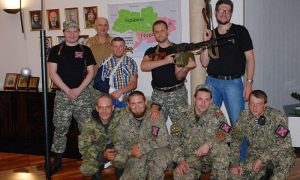
In the meantime, he is “working with the fraternities (likely a reference to the Odesa Fraternity and potential other similar organizations) and the Nation Council of the DNR. At present, the work takes a tremendous amount of time.” One suspects that if the Ukrainian state weakens for one reason or another or if Donetsk and Luhansk manage to get a “federal” status that the Kharkiv Territorial Fraternity will push for similar status in Kharkiv, or serve as a political front for any future Russian subversion in Kharkiv, alongside the so-called “Kharkiv Partisans.”





